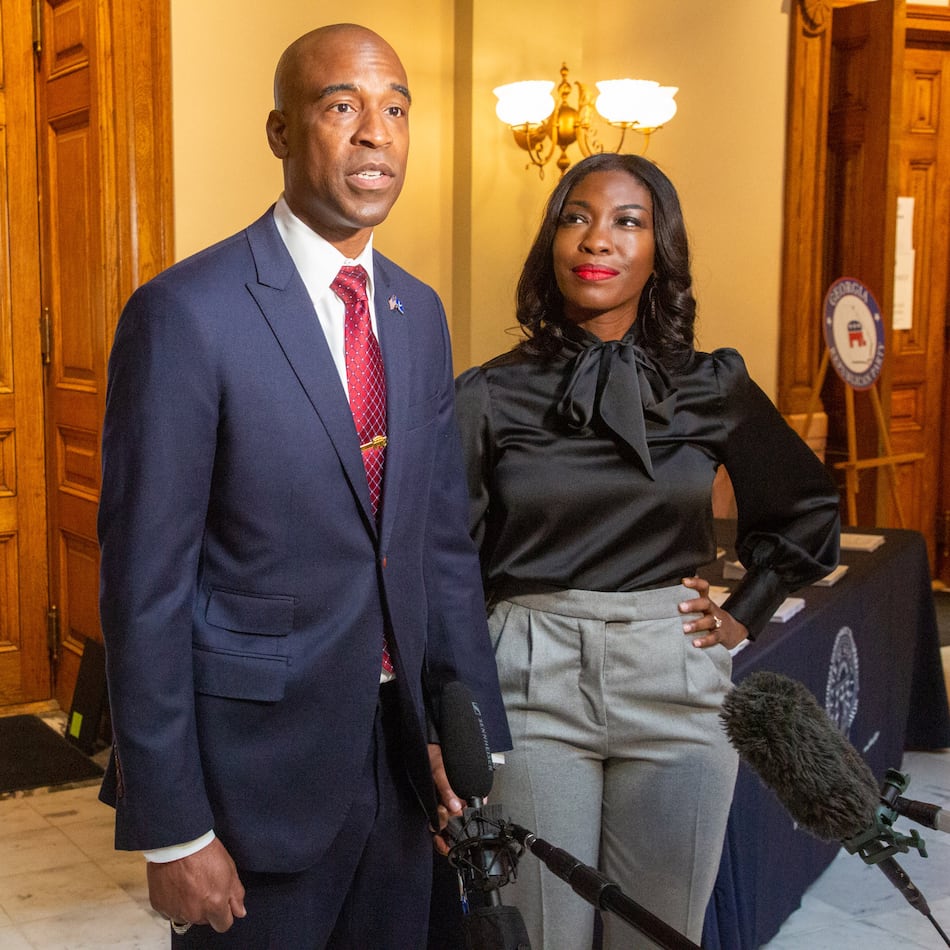If you learn nothing else from “Mailman: My Wild Ride Delivering the Mail in Appalachia and Finally Finding Home,” by Stephen Starring Grant, you will know to restrain your dog, but that is far from its only valuable lesson.
This heartfelt memoir explores an unsung calling in a venerable, singularly American institution: the U.S. Postal Service. The seemingly banal act of trudging up a hill to leave a parcel on a porch becomes a sacrament of sorts in the hands of Grant, whose stopgap job in midlife becomes a hero’s mythic journey worthy of Joseph Campbell.
Grant was a country boy made good, a corporate hotshot and comfortably appointed “consumer strategist” with a dreamy bent who dealt with people largely as vague abstractions. At age 50, though, events conspired to bring him resolutely down to earth.
The father of two got laid off and lost his health insurance just as he was diagnosed with cancer. With the world plunged into a bewildering pandemic in 2020, his prospects looked slim. So, he finds himself back in Blacksburg, Virginia, his hometown in the Blue Ridge Mountains, delivering mail.
“The story I told myself was this: I had joined a brotherhood that stretches back to Benjamin Franklin, to men on horseback and in biplanes,” he writes. “I had become a flag-wearing sworn federal officer in a position of trust, the duly appointed agent of the United States government in a time of national crisis, the dedicated and beloved civil servant of the people. I was the god------ mailman.”
Grant is an irreverent, often profane narrator who gradually finds little joys to revere and an unexpected sense of purpose. It takes a well-organized mind — and toned calf muscles — to handle the multitasking and rote memory involved in sorting and delivering the mail to those 24,000 addresses in his town, and it takes a deft writer to make the process interesting.
Grant busts some misperceptions along the way. The post office, for example, was constitutionally created to be self-supporting, not funded by tax dollars. Also, postal workers suffer injuries at a rate higher than police officers, construction workers and coal miners.
Credit: Simon & Schuster
Credit: Simon & Schuster
Dogs are a chief culprit, attacking more than 5,000 carriers a year, occasionally mauling them to death. Grant has a hair-raising run-in with a couple of pit bulls he thwarts with pepper spray. Other on-the-job hazards include paper cuts, torn rotator cuffs, hypothermia, heatstroke, gun-waving yokels and irate, huffy women in yoga pants.
In a profession legendary for a corporate culture of dedication — “Neither snow nor rain nor heat nor gloom of night stays these couriers from the swift completion of their appointed rounds” — Grant is an especially conscientious public servant who puts his Eagle Scout training to use with a compass and a topographical map. He works 12-hour days, walking 15,000 steps. At one point, he fords a swift-moving creek on foot with a refrigerator on his back because he does not want the customer to have to come into town. Suddenly, stamps do not seem so expensive.
The job has its perks, though, such as reading “The Economist” for free before handing it off. “I was the guy with the goods,” Grant writes, buzzing with power, “and I carried the candy and the respirators and the dog food and the lube and the heirloom tomato seeds, the hot rod magazines, the handwritten pleas from incarcerated uncles, the scientific journals, tabloid-size book reviews, model train sets, illustrated children’s Bibles, the hand-painted postcards from artistic cousins and girlfriends.”
His portraits of his salt-of-the-earth co-workers are as lovingly detailed as scrimshaw, and the book is chock-full of witty asides: “If you think your carrier doesn’t notice when you order a sex toy, you’re wrong.” A couple of backwoodsmen, thinking the mailman is an intruder, hold him at gunpoint.
Postal carriers are not supposed to carry firearms, but many of them break those rules, and Grant soon starts packing a pistol, especially when a fraught election rolls around. Sixty-five million votes were cast by mail in the 2020 election, and he was determined to protect the sanctity of the franchise. (Only one carrier out of 330,000 was caught mishandling ballots, he notes.)
In addition to anatomizing an honorable profession, “Mailman” paints a canny portrait of Appalachia, with its insularity, spectral natural beauty and the flinty resilience that defines its culture. One elderly woman gives Grant fresh eggs as a thank-you for hauling her chicken coop. Others pour him coffee and prayers along the way — a benediction in a cold mountain winter.
Growing up, Grant had been a restless kid eager to leave his claustrophobic hometown, but his blue-collar job gives him an appreciative perspective on the home folks, who are eager to chitchat with him during the isolation of the pandemic.
“I fell back in love with America during that year,” he writes of his stint as a mail carrier. “I feared for her and prayed for her, even though prior to carrying the mail, I did not spend much time in prayer. But here in my hometown, where I grew up in midlife, I found myself working a different kind of job, and I became a different kind of person.”
NONFICTION
“Mailman: My Wild Ride Delivering the Mail in Appalachia and Finally Finding Home”
by Stephen Starring Grant
Simon & Schuster
285 pages, $29.99
About the Author
Keep Reading
The Latest
Featured




